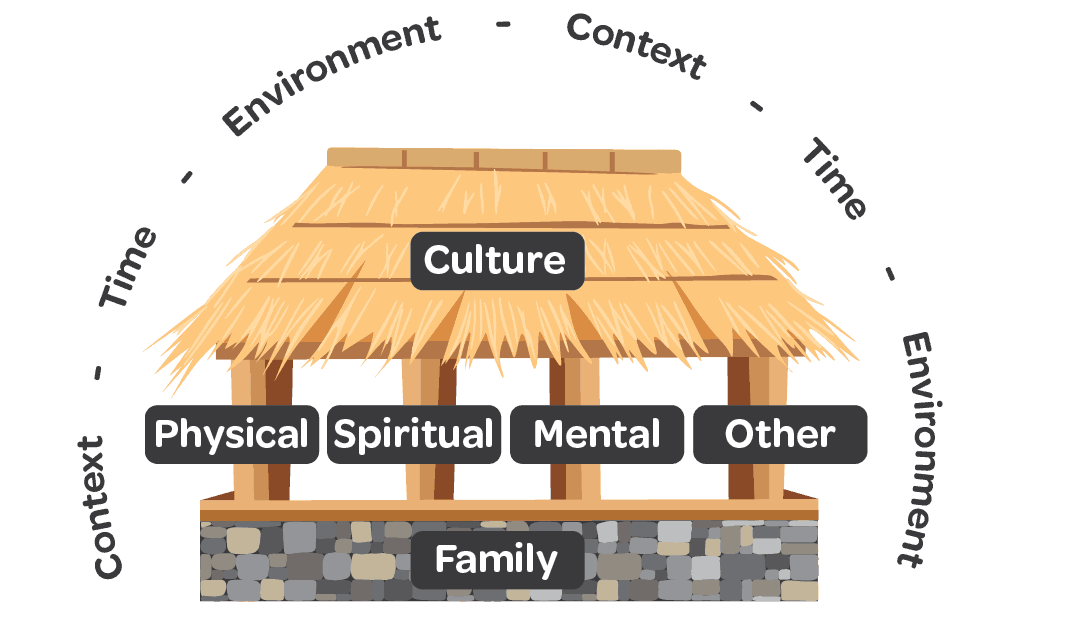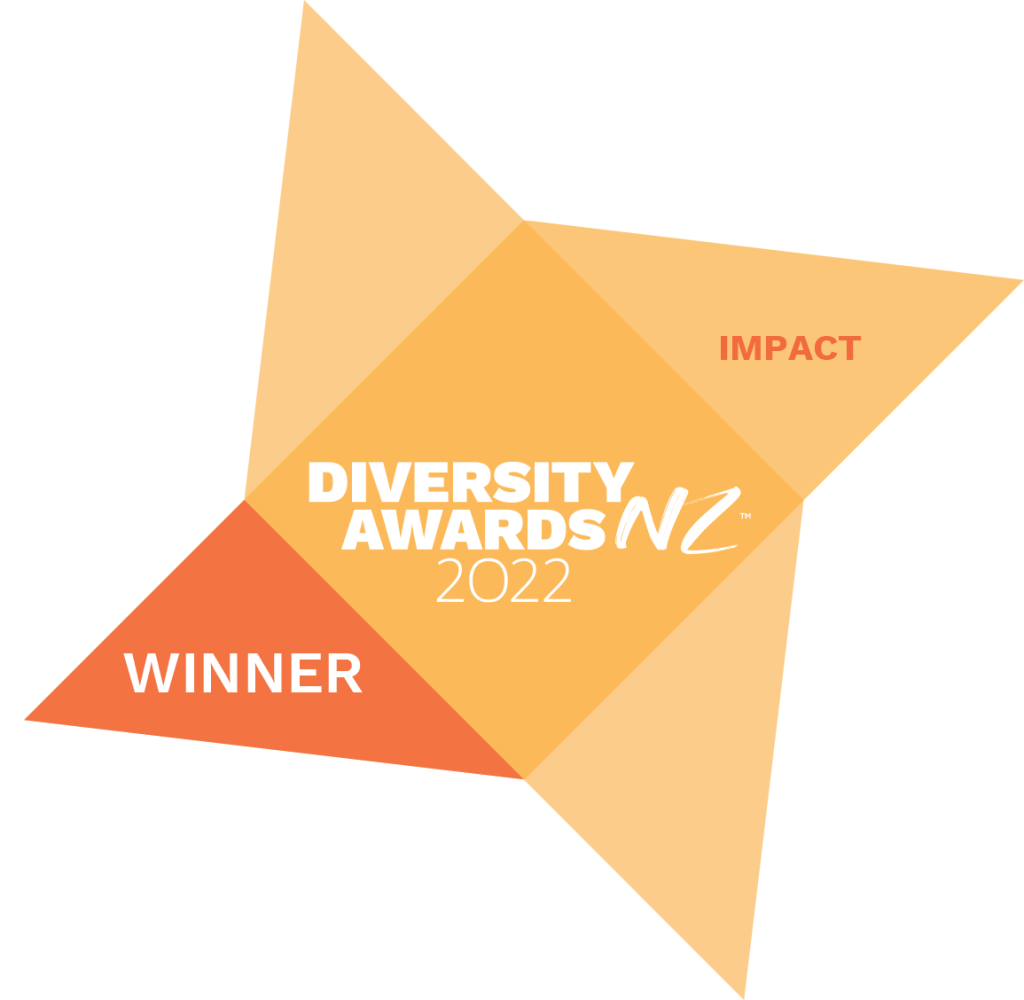A traditional ‘fale’ is a thatched house
With its open sides, supported by different ‘pou’ or support poles – it is the inspiration for the Fonofale Model of Wellbeing, which takes a holistic view.
The Fonofale model was developed by Pulotu Karl Endemann. We use it extensively in the courses we deliver through Auckland Unlimited’s Project Ikuna programme, because it acknowledges and embraces Pasifika perspectives and addresses core Pasifika values.

Each week of our Future Ready: Money Confidence course, we weave in different aspects of the Fonofale model. Exploring how it relates to the way we spend money.
By using a Pasifika lens, our learners examine and identify learned behaviours about how they use money. They are empowered to make good choices relevant to themselves and their aiga. This produces better results than a top-down model of learning.
By addressing the various aspects of the Fonofale model: family, culture, physical, spiritual, and mental and linking them back to finances; our learners are more likely to succeed in making the right choices for themselves and their families.
How it works
Family
The foundation of the Fonofale model represents our family. This is our why – our motivation to succeed. But it can also be the very reason we get into debt. So by studying this aspect of the Fonofale, we get to the bottom of behaviours that have been passed down.
Whilst we will do anything for our families, we need to be in a good financial position to do so. We need to go back to the basics and this is where we start to uncover spending habits, differentiating between needs and wants.
Culture
The roof of the fale represents our culture. Here is where money plays a big role as Pasifika people are known for their generosity and giving nature. There are lots of aspects of our culture that are beautiful and reflect the principle of reciprocity. We are who we are, so we need to save or put away for ‘faalavelave’s’. These are expenses like funeral costs, birthdays, church openings, weddings etc.
Physical
The physical pou ties in with ensuring people are getting a good balance of physical activity. Enough rest countered with active periods so they can remain healthy. If this is not happening, then it can impact your ability to work. Using up all your sick days because you’re not looking after yourself will soon impact your salary. Then it can become a vicious cycle.
Eating well is another component of this pou. With the cost of living going up, we need to look at how to make savings and share tips about how to eat well.
Spiritual & Mental
This ties in with your overall spiritual and mental wellbeing. The pou are also key components because using them does not have to cost money. We empower our learners to make good choices about what would work well for them. Then they consider how this could be implemented in their everyday life.
What our learners are saying
Here is some feedback from our most recent group:
I love the fact that it’s related back to our culture because money is a big thing in our culture.
Mentally feel good and your spending will align.
I love the Fonofale model and how it connects to our culture.
I like how this relates to our culture and it includes what we spend our money on without pretending it doesn’t exist.
Looking after your mental well-being doesn’t have to cost a lot of money.
Spending time with your kids can be free (board games, cards, hanging out).
Read more about our Project Ikuna Courses
Talk to our team for more details
Contact Tafā Iakopo at Upskills on +64 22 067 1770 to find out more.






